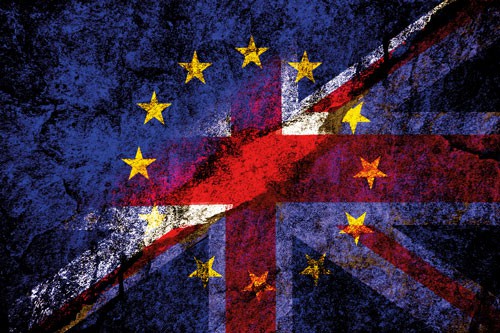
The fall-out from the UK’s referendum vote last month to leave the European Union has created uncertainty in a variety of sectors, including pharma.
The European Medicines Agency (EMA), which has its HQ (or ‘seat’) in London, has issued a statement reassuring stakeholders that it is ‘business as usual’ as far as it is concerned – at least for the time being.
“EMA would like to underline that its procedures and work streams are not affected by the outcome of the referendum,” it said. “The Agency will continue its operations as usual, in accordance with the timelines set by its rules and regulations.”
Given the expectation that the UK will, at some point in the next few years, leave the EU it seems likely that the EMA and its 890 staff may be forced to relocate to a country which is still within the EU, such as France or Germany.
Sweden and Denmark are also among the countries that have reportedly suggested they would be happy to host the next HQ of the EMA.
While EMA said it welcomed such expressions of interest, it insisted the decision on the new seat will have to be agreed among the remaining EU countries.
“We are confident that the Member States will take the most appropriate decision on EMA’s location and arrangements in due course, taking also into account the complex political and legal environment generated by the outcome of the UK referendum,” it said in a statement.
There are questions over the future regulation of pharma in Europe, with the UK perhaps having to develop a separate regulation mechanism, which could have implications for cost and delays for medicines launched there.
The referendum result has thrown Europe into uncharted territory. “No Member State has ever decided to leave the EU, so there is no precedent for this situation,” the EMA statement pointed out. “The implications for the seat and operations of EMA depend on the future relationship between the UK and the EU.”
“This is unknown at present and therefore we will not engage in any speculations,” the statement concluded.
Meanwhile, the UK’s own national regulator – the Medicines and Healthcare products Regulatory Agency (MHRA) – has responded to the referendum result by insisting that its focus would continues to be on its public health role.
“Working closely with government we will consider the implications for the work of the Agency,” it said.
Prior to the June 23 vote the UK’s life sciences and health sectors were adamant that Brexit would be bad for business, research and health.
The bosses of GlaxoSmithKline and AstraZeneca suggested the Leave vote would cause “complexity and uncertainty” and an influential group of MPs warned the UK needs contingency plans in place to protect life sciences.
In the run-up to the referendum pharma’s UK trade association the ABPI warned the UK’s leading position for phase I trials will be undermined, while the its biotech counterpart the BIA said EU membership offered the UK advantages in terms of regulation, the patent ecosystem, financing and funding – and enabling patient access to new, innovative medicines.




